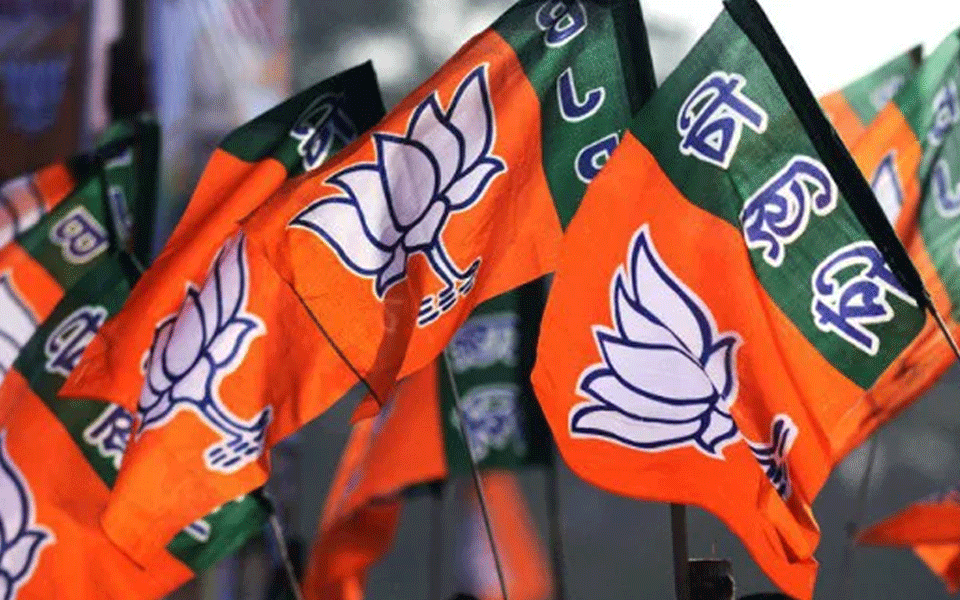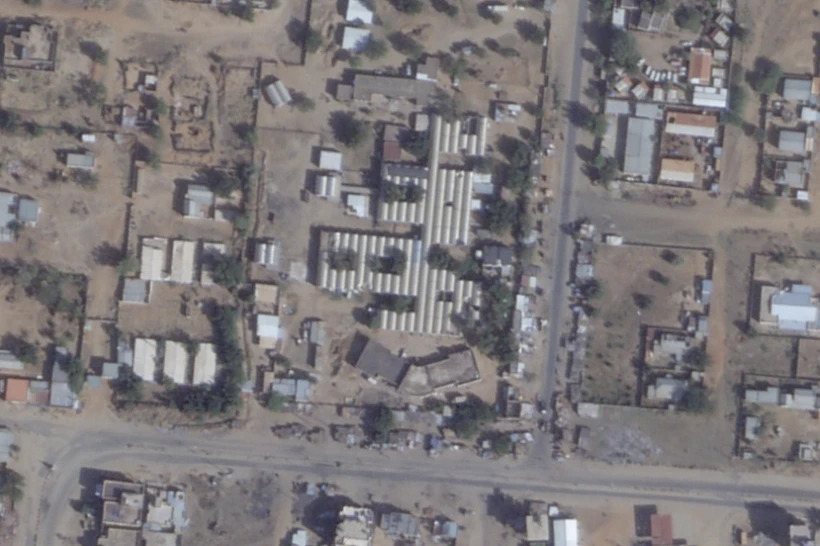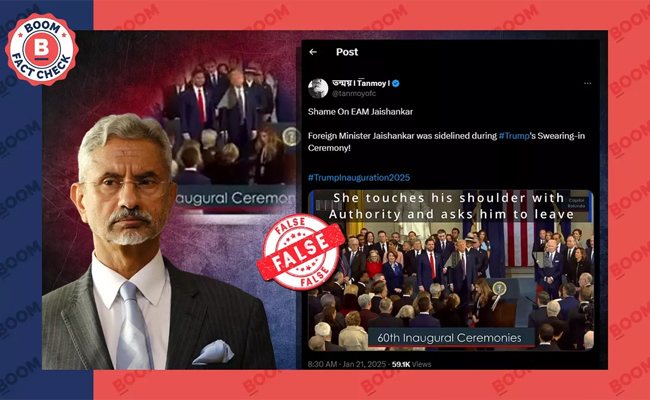New Delhi : A report submitted before the United Nations has accused leaders of the Bharatiya Janata Party (BJP) of making "inflammatory remarks" against minority groups and contributing in "vigilantism targeted against Muslims and Dalits".
The report has been prepared by Tendayi Achiume, a United Nations special rapporteur on contemporary forms of racism, racial discrimination, xenophobia and related intolerance. This post is held by an independent human rights expert appointed by the UN Human Rights Council.
The report was prepared in response to a 2017 UN General Assembly resolution that asked special rapporteur to profile countries on counts of racism, racial discrimination, xenophobia and related intolerance.
In her report, Achiume has said that the victory of the "Hindu nationalist Bharatiya Janata Party has been linked to incidents of violence against members of Dalit, Muslim, tribal and Christian communities".
It said that reports have documented the "use of inflammatory remarks by BJP leaders against minority groups" and the "rise of vigilantism targeting Muslims and Dalits".
The mandate of the report was to analyse "threats posed by nationalist populism to the fundamental human rights principles of non-discrimination and equality". The report says that it focused on the threats to racial equality due to "fuelling of discrimination, intolerance and the creation of institutions and structures that will have enduring legacies of racial exclusion".
Besides the attacks on Muslims and Dalits, the special UN Special Rapporteur has also outlined her reservations on the National Register of Citizens (NRC) in Assam.
She said that in many countries, nationalists populist parties have brought in administrative reforms that effectively result in excluding minority groups from official citizen registries "on the basis of claims that they are irregular migrants", resulting in statelessness, disenfranchisement and exclusion of minorities.
The special rapporteur mentioned that in May this year, she had written to the Indian government and expressed concerns about the NRC. In the report she says that she had mentioned the "heightened concerns of the Bengali Muslim minority" in Assam who have "historically been portrayed as foreigners".
The report says that the Election Commission's identification of 'doubtful voters' in Assam is "arbitrary". It said since 1997, this identification process has resulted in "further disenfranchisement and loss of entitlements to social protection as Indian citizens" for the Bengali Muslims in Assam.
Besides these, the report submitted before the United Nations raises questions on the conduct of local authorities in Assam who are engaged in updating the NRC.
It raises apprehensions that the local authorities, "who are deemed to be particularly hostile towards Muslims and people of Bengali descent, may manipulate the verification system in an attempt to exclude many genuine Indian citizens from the updated Register".
courtesy : indiatoday.in
Let the Truth be known. If you read VB and like VB, please be a VB Supporter and Help us deliver the Truth to one and all.
El Fasher (AP): Some 70 people were killed in an attack on the only functional hospital in the besieged city of El Fasher in Sudan, the chief of the World Health Organisation said on Sunday, part of a series of attacks coming as the African nation's civil war escalated in recent days.
The attack on the Saudi Teaching Maternal Hospital, which local officials blamed on the rebel Rapid Support Forces, came as the group has seen apparent battlefield losses to the Sudanese military and allied forces under the command of army chief Gen Abdel-Fattah Burhan. That includes Burhan appearing near a burning oil refinery north of Khartoum on Saturday that his forces said they seized from the RSF.
International mediation attempts and pressure tactics, including a US assessment that the RSF and its proxies are committing genocide and sanctions targeting Burhan, have not halted the fighting.
In the Saudi hospital attack in El Fasher, WHO Director-General Tedros Adhanom Ghebreyesus offered the death toll in a post on the social platform X.
Officials and others in the capital of North Darfur province had cited a similar figure Saturday, but Ghebreyesus is the first international source to provide a casualty number. Reporting on Sudan is incredibly difficult given communication challenges and exaggerations by both the RSF and the Sudanese military.
“The appalling attack on Saudi Hospital in El Fasher, Sudan, led to 19 injuries and 70 deaths among patients and companions,” Ghebreyesus wrote. “At the time of the attack, the hospital was packed with patients receiving care.”
Another health facility in Al Malha also was attacked Saturday, he added.
“We continue to call for a cessation of all attacks on health care in Sudan, and to allow full access for the swift restoration of the facilities that have been damaged,” he wrote. “Above all, Sudan's people need peace. The best medicine is peace.”
Ghebreyesus did not identify who launched the attack, though local officials had blamed the RSF for the assault.
The RSF and Sudan's military began fighting each other in April 2023. Their conflict has killed more than 28,000 people, forced millions to flee their homes and left some families eating grass in a desperate attempt to survive as famine sweeps parts of the country.
Other estimates suggest a far higher death toll in the civil war.




_vb_20.jpeg)
